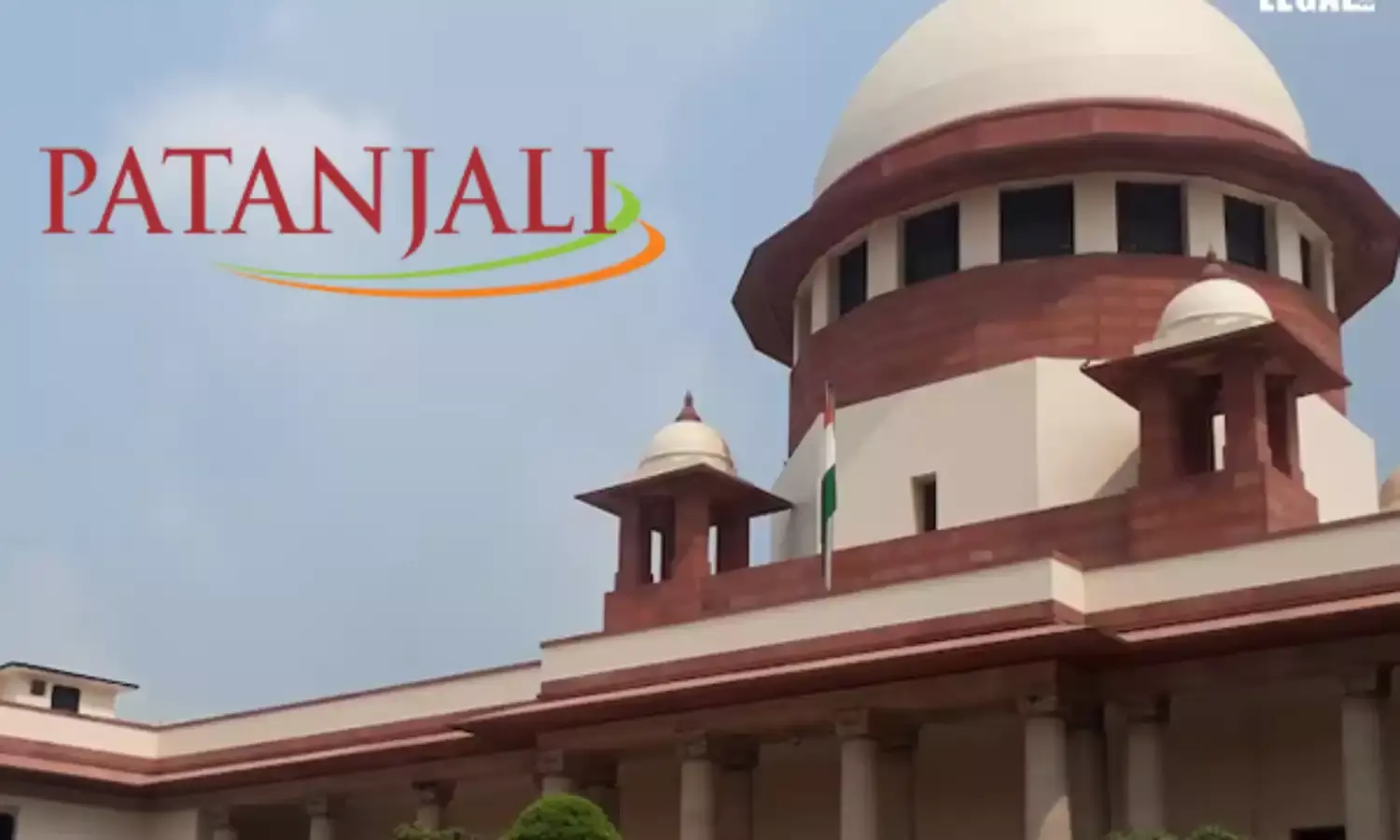Supreme Court Holds Celebrities And Social Media Influencers Equally Liable In Patanjali Misleading Ads Case
In response to a petition filed by the Indian Medical Association (IMA) regarding an alleged false campaign conducted by;

Supreme Court Holds Celebrities And Social Media Influencers Equally Liable In Patanjali Misleading Ads Case
In response to a petition filed by the Indian Medical Association (IMA) regarding an alleged false campaign conducted by Patanjali and its Founders against COVID-19 vaccination and modern medicine, the division bench of Hima Kohli and Ahsanuddin Amanullah, JJ. issued significant directives. The bench emphasized that Patanjali should not be permitted to sell products for which licenses were suspended. Additionally, they addressed the issue of misleading advertisements, highlighting the importance of accurate representation in advertising practices.
The Bench observed that despite the prohibition of misleading advertisements for Patanjali products, they remain accessible on specific online platforms.
The Court has further directed the IMA President to respond by May 14, 2024, regarding certain comments purportedly made against the Court in a media interview. Additionally, the Court expressed its intention to scrutinize objectionable advertisements by other consumer goods suppliers and unethical practices reported within the domain of modern medicine.
In the order, the Court also issued a series of directives concerning the issue of misleading advertisements, including:
- Broadcasters or print media are required to submit a self-declaration form before airing or publishing any advertisements, ensuring compliance with Cable Network Rules, Advertising Code, etc.
- Ministries are directed to establish a specific procedure to facilitate consumer complaints and ensure their thorough investigation, rather than mere endorsement or marking.
- Individuals endorsing products must possess adequate information or experience regarding the specific food product and ensure their endorsements are not deceptive.
- Celebrities and social media influencers will share equal liability for misleading advertisements if they endorse deceptive products or services.
- The Ministry of Consumer Affairs, Food and Public Distribution is instructed to submit a fresh affidavit detailing the actions taken by the Central Consumer Protection Authority (CCPA) against false or misleading advertisements, especially in the food and health sectors.
- The Court acknowledged that the Central government has decided to withdraw a letter from August 2023 that had suspended the invocation of Rule 170 of the Drugs and Cosmetics Rules, 1945, concerning misleading AYUSH advertisements.
The Court observed the Central Government's decision to retract an August 2023 letter, which had previously suspended the implementation of Rule 170 of the Drugs and Cosmetics Rules, 1945 concerning misleading AYUSH ads.


